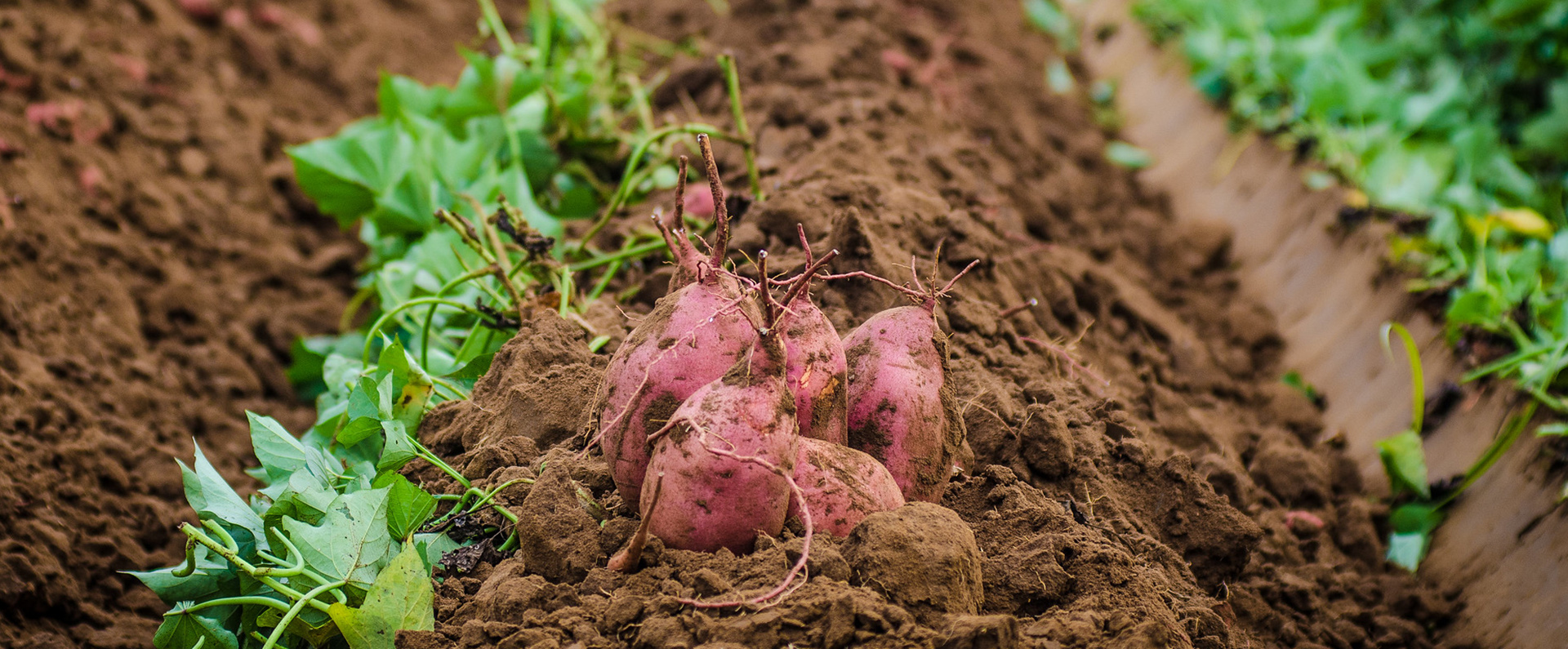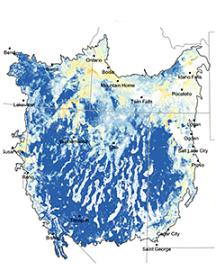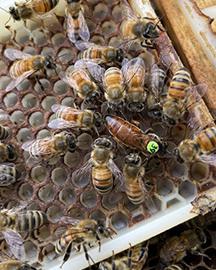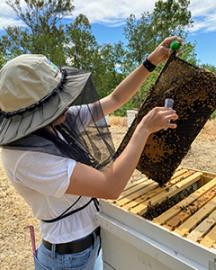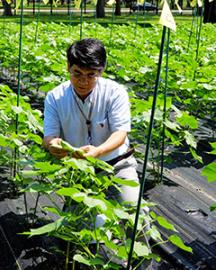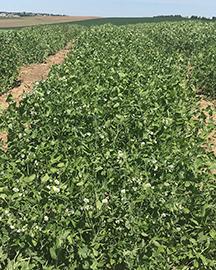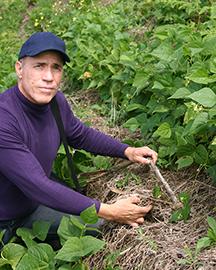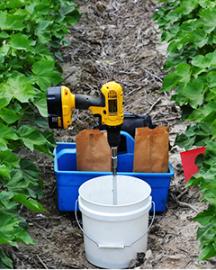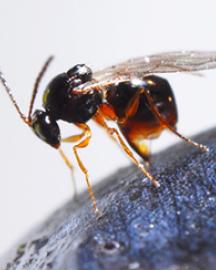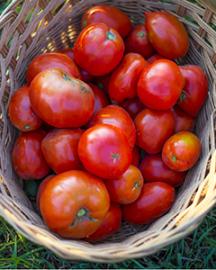ARS Researchers Identify Sweetpotato Varieties Fit to Fight Pests
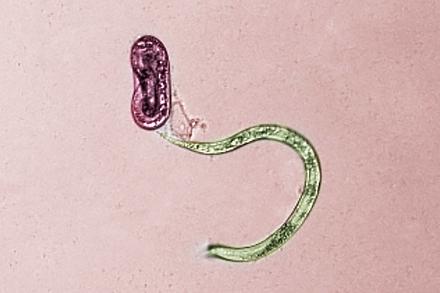
In recent years, farmers in the southeastern United States have struggled with the invasive guava root-knot nematode (GRKN), a microscopic roundworm. GRKN infects and damages a variety of crops, particularly sweetpotato, which had historically been resistant to other species of nematode. To combat this worm, ARS researchers at the U.S. Vegetable Laboratory in Charleston, SC, tested sweetpotato lines from the agency’s expansive germplasm collection, which safeguards seeds and other biological material that USDA maintains to ensure the genetic diversity of our food supply.
Within that collection, the researchers were able to identify 20 sweetpotato lines with strong resistance to GRKN. The researchers published their findings, which are already helping sweetpotato breeders at USDA and universities to develop new GRKN-resistant sweetpotato varieties. Once released, these new varieties will help growers protect their crops from GRKN.
Related Information
Video: Controlling Guava Root-Knot Nematode
Research Project: Biology, Etiology and Host Resistance in Vegetable Crops to Diseases and Nematodes



